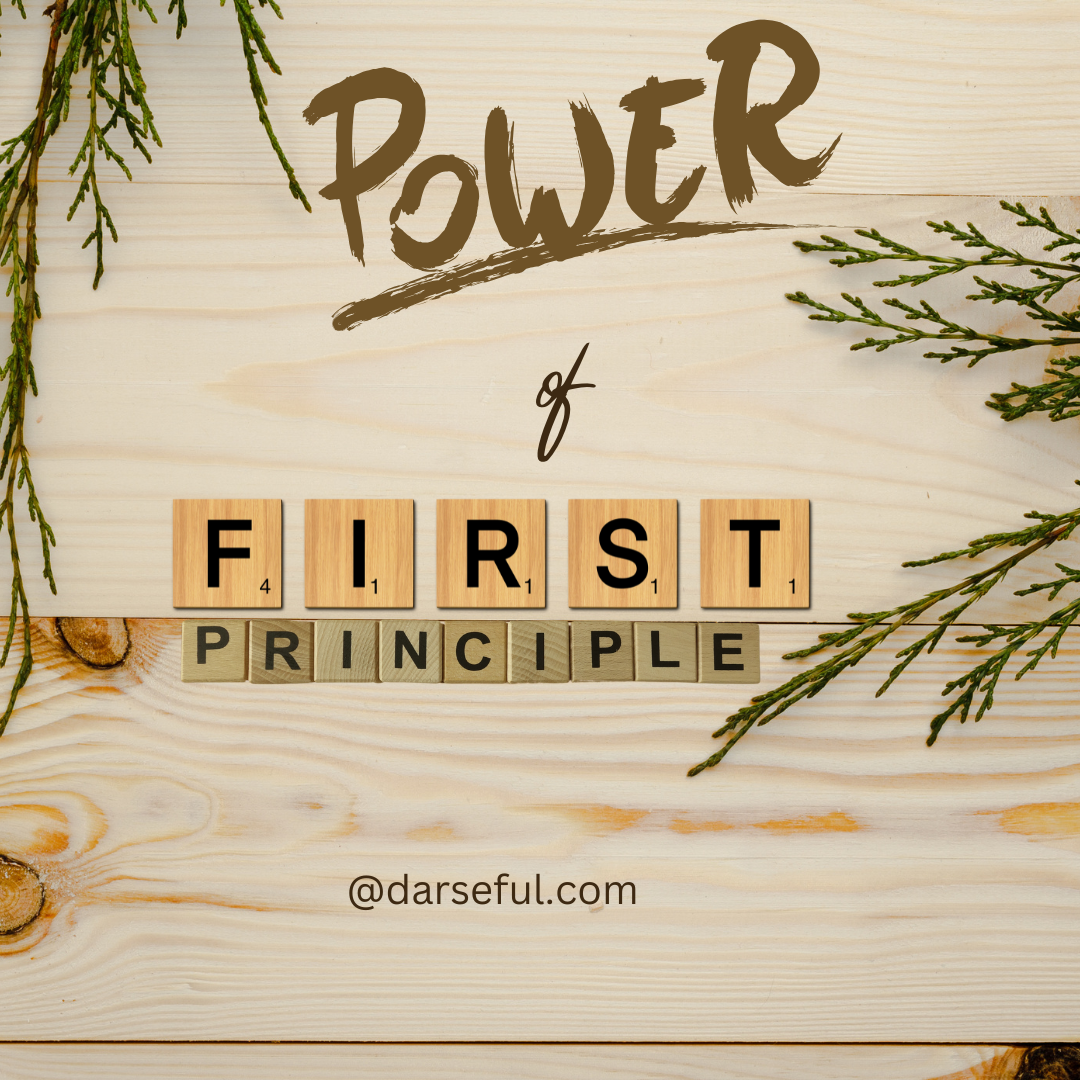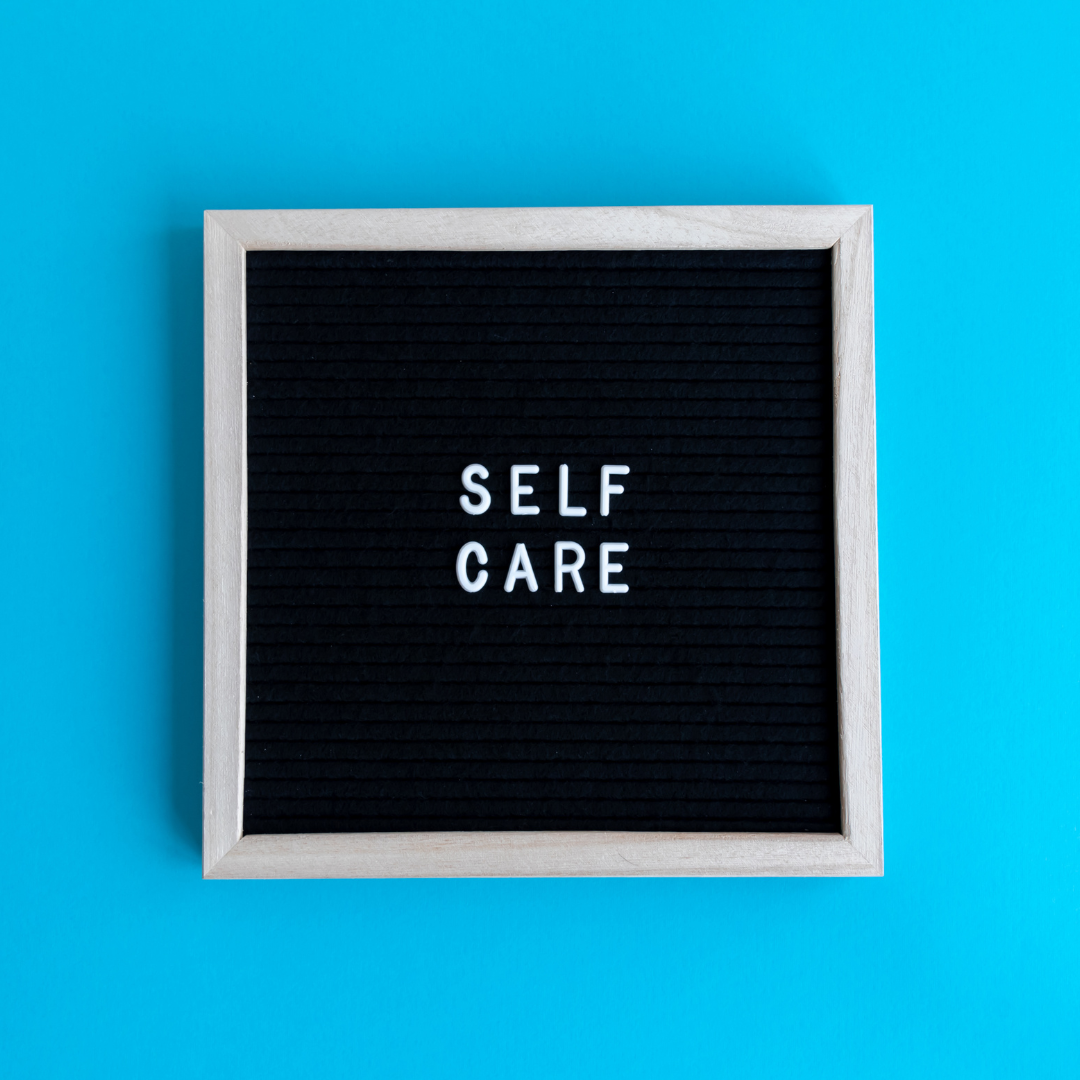Have you ever tried to help someone by giving them advice, only to feel like they didn’t take it seriously—or worse, that it backfired?
It turns out that giving advice isn’t always the best way to help others.
In fact, it can sometimes do more harm than good.
What if, instead of giving advice, we focused on asking thoughtful questions?
This simple shift can make conversations more meaningful and truly helpful.
The Problem with Giving Advice
When we give advice, it often comes from a good place.
We want to help solve a problem or make things easier for someone.
But advice can sometimes feel pushy or make the other person feel judged, as if they’re not capable of figuring things out on their own.
For example, imagine a friend telling you they’re stressed about their job.
If you jump in with, “You should quit!” or “Why don’t you try XYZ?” they might feel overwhelmed, defensive, or even misunderstood.
They might think, “They don’t know my situation fully. This won’t work for me.”
Unsolicited advice can also create resentment, especially if it doesn’t work out.
People might blame you for steering them in the wrong direction, even if they asked for your opinion.
The Power of Asking Questions
Instead of offering advice, imagine you asked, “What do you think is causing your stress?” or “What options have you considered so far?”
These questions encourage the other person to reflect and find their solutions.
When people arrive at their answers, they’re more likely to feel confident and take ownership of their decisions.
Questions empower them to think critically and explore what feels right for them, rather than relying on someone else’s viewpoint.
Why This Works: A Psychological Perspective
There’s a principle in psychology called the self-determination theory.
It says that people are more motivated when they feel in control of their own choices.
Giving advice can accidentally take that sense of control away.
On the other hand, asking questions helps others tap into their knowledge and experiences.
It builds trust and creates a safe space for them to think deeply and share openly.
How to Ask Better Questions
If you want to stop giving advice and start helping others through questions, here are some practical tips:
- Ask Open-Ended Questions
Instead of “Did you try this?” ask, “What have you tried so far?” Open-ended questions invite detailed answers and encourage exploration. - Be Curious, Not Judgmental
Show genuine interest in their thoughts and feelings. For example, “What’s the biggest challenge you’re facing?” instead of, “Why didn’t you do this?” - Reflect and Clarify
Repeat or rephrase what they say to show you’re listening. For instance, “It sounds like you’re feeling stuck because of XYZ. Is that right?” - Focus on the Future
Ask questions that help them think about possibilities, like “What outcome would make you happiest?” or “What’s the first step you could take to improve this?” - Practice Patience
Silence is okay! Give them time to think before they answer. Avoid the urge to fill the gap with your advice.
The Benefits of This Approach
When you master the art of asking questions, conversations become more meaningful and productive.
People feel heard, respected, and understood.
This approach strengthens relationships because it shows you trust the other person’s ability to solve their problems.
It also takes the pressure off you. You don’t have to come up with the “perfect” solution or worry about whether your advice will backfire.
Instead, you become a guide who helps others uncover the answers they already have within themselves.
Key Takeaways
Helping others isn’t about being the one with all the answers.
It’s about creating a space where they can find their solutions.
Asking thoughtful questions shows care, builds trust, and leads to better outcomes for everyone involved.
Next time someone shares a problem with you, resist the urge to give advice.
Instead, pause and ask, “What do you think?”
You might be surprised by how much more meaningful the conversation becomes.













Leave a Reply